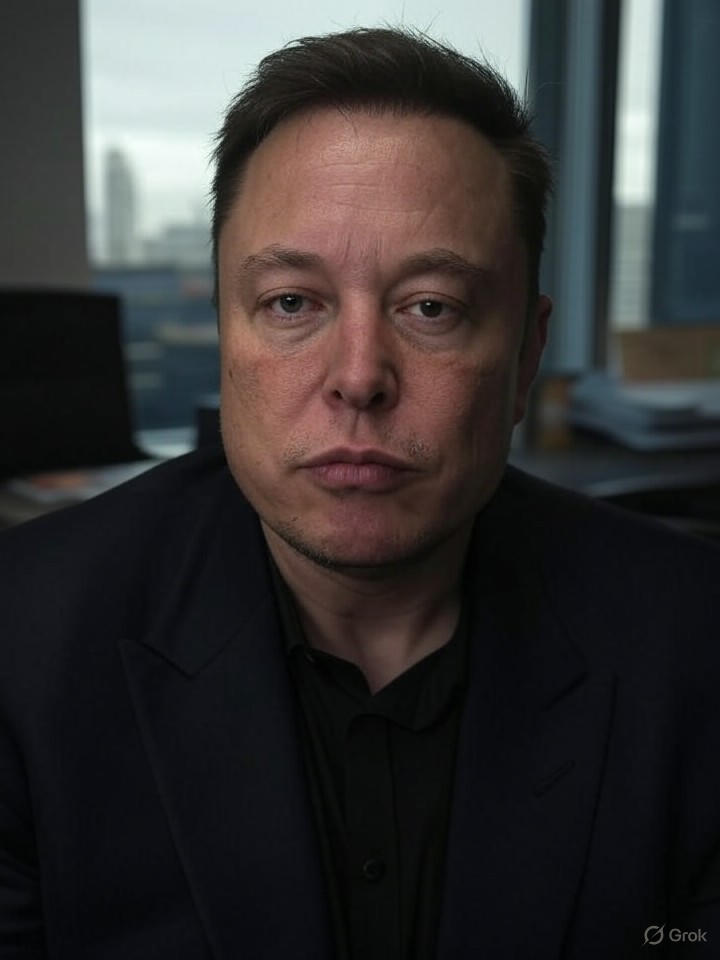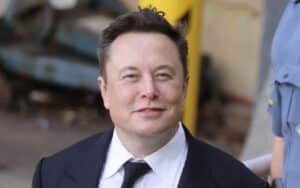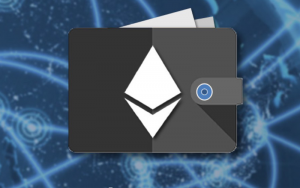Elon Musk’s empire, spanning electric vehicles, space exploration, and social media, is facing an unprecedented wave of employee departures that threatens to undermine its ambitious goals. Recent reports indicate a mass exodus across his five major companies — Tesla, SpaceX, xAI, Neuralink, and X (formerly Twitter) — with senior executives and key talent fleeing due to grueling work demands, strategic shifts, and Musk’s increasingly polarizing public persona. According to a detailed analysis in Yahoo Finance, the churn is so rapid that even board members at Tesla joke about “Tesla time,” a nod to the accelerated pace that burns through deputies.
This isn’t a new phenomenon, but the scale has intensified in 2025. Insiders describe a toxic culture where burnout is rampant, fueled by Musk’s relentless drive for innovation at all costs. For instance, at Tesla, mass layoffs and strategic pivots have disillusioned long-time employees, while SpaceX grapples with similar issues amid aggressive timelines for Mars missions.
The underlying causes of this talent drain extend beyond mere workload, encompassing Musk’s political activism and management style that prioritizes loyalty over stability, leading to a revolving door of leadership that could jeopardize long-term projects like autonomous driving and AI development.
At xAI, Musk’s newest venture, the exodus includes top engineers disillusioned by abrupt changes in direction, as highlighted in a report from OpenTools AI News. The pattern repeats across the board: Neuralink has seen departures amid ethical concerns over brain-implant trials, and X continues to hemorrhage staff following Musk’s acquisition and subsequent policy overhauls.
Public spats and political endorsements have exacerbated the situation. Musk’s vocal support for controversial figures and his entanglements in U.S. politics have created discomfort among employees, prompting exits. A Financial Post article details how disillusionment with Musk’s activism has led to churn at Tesla and xAI, compounded by mass layoffs that Musk himself has defended on social media platforms.
While Musk points to external “bitter enemies” as culprits behind the instability, internal accounts suggest a deeper cultural rift, where the billionaire’s micromanagement and high-stakes environment deter even the most dedicated talent, potentially stalling innovation in critical tech sectors.
Despite these challenges, Musk remains defiant. Posts found on X, his own platform, show him dismissing critics and emphasizing the value created by his teams, such as in responses to queries about employee stock and company valuations. Yet, the departures coincide with operational hiccups, like X’s major outages in 2025 that sparked fears of user exodus, as reported by WebProNews.
The financial implications are stark. Tesla’s stock has fluctuated amid these reports, with Musk recently spending $1 billion on shares, signaling confidence but also underscoring volatility. Analysts warn that sustained talent loss could hinder breakthroughs in AI and sustainable energy.
As Musk warns of broader societal issues like population decline and government inefficiencies in various public statements, the irony lies in his companies’ internal struggles, where retaining human capital proves as elusive as some of his futuristic visions.
Industry observers note that while Musk’s approach has yielded successes — like SpaceX’s reusable rockets — the cost in human terms is mounting. Competitors are poaching disillusioned talent, potentially accelerating rivals’ progress. For insiders, the question is whether Musk can adapt his leadership to stem the tide, or if this mass exodus signals a tipping point for his sprawling tech conglomerate.



